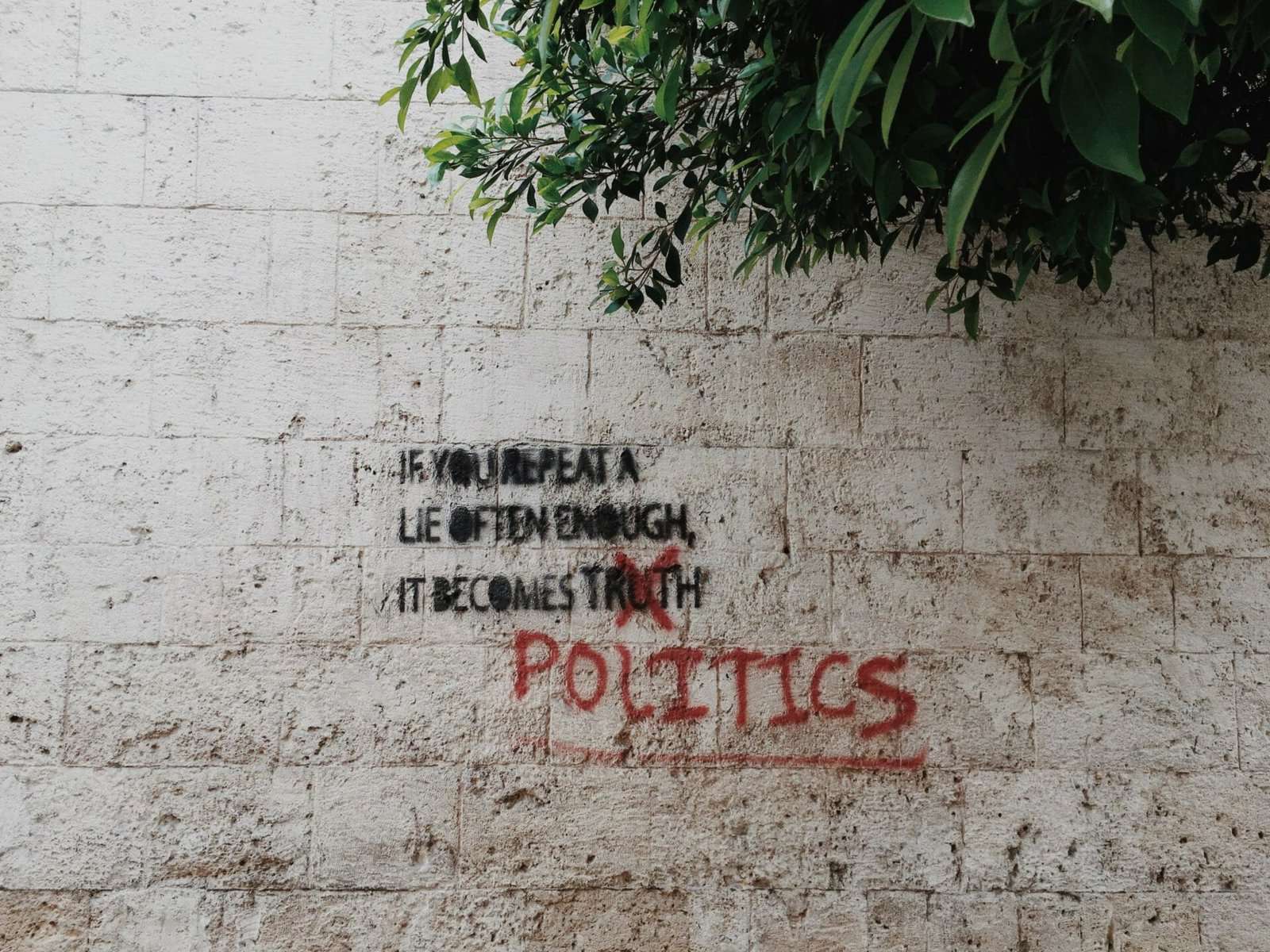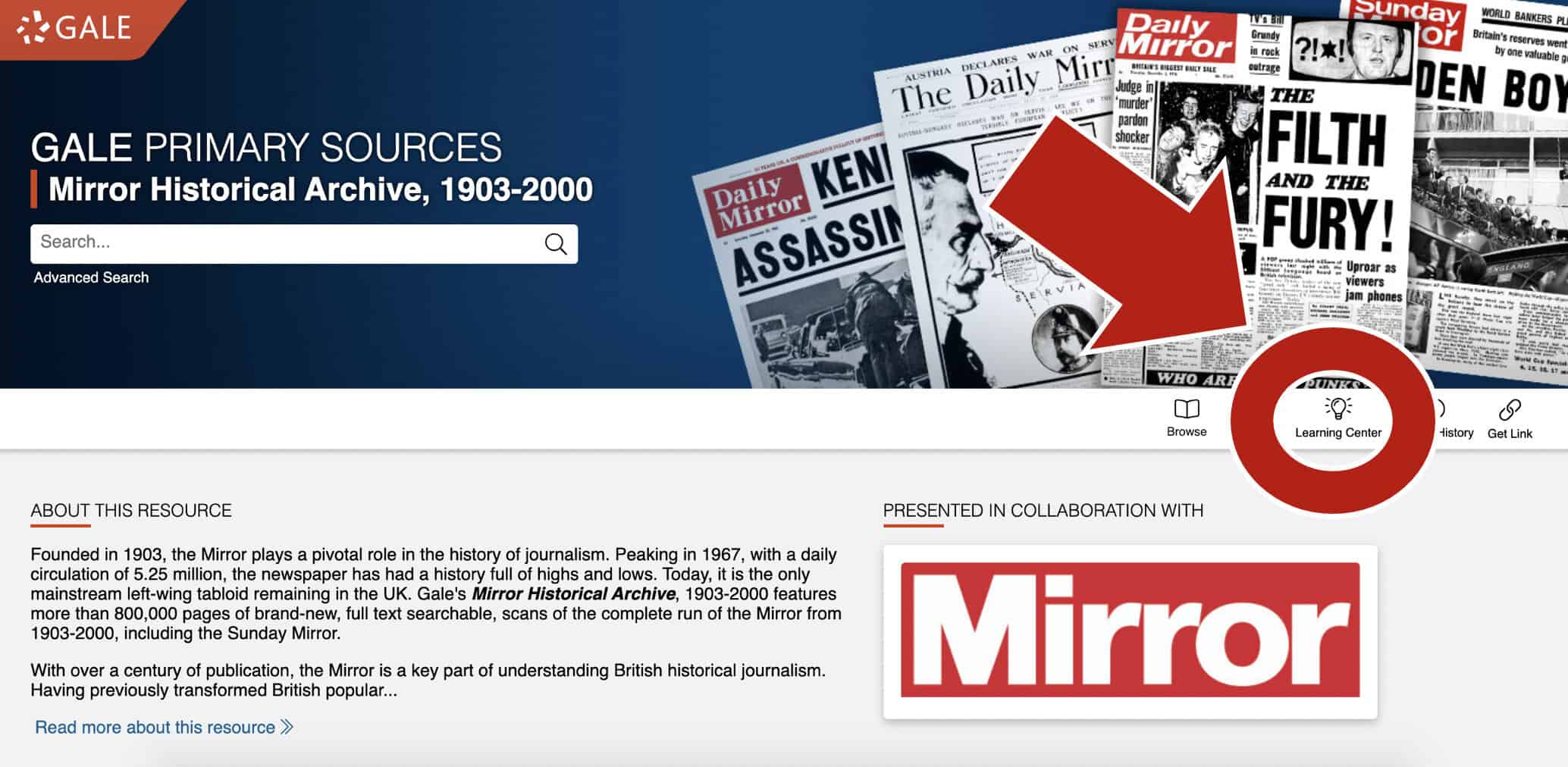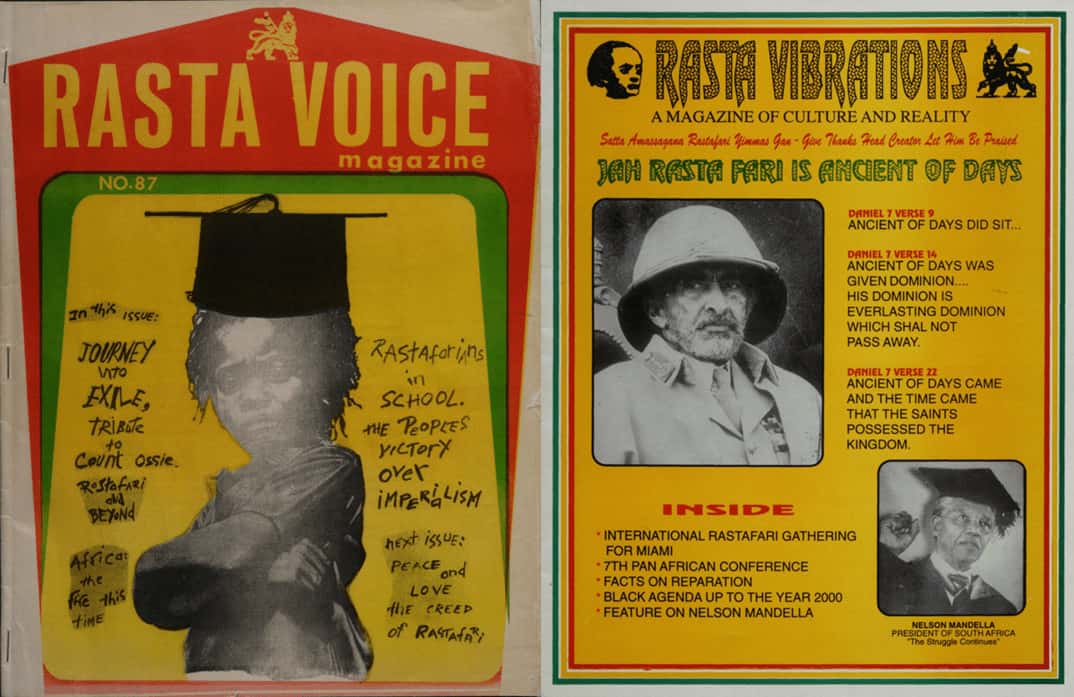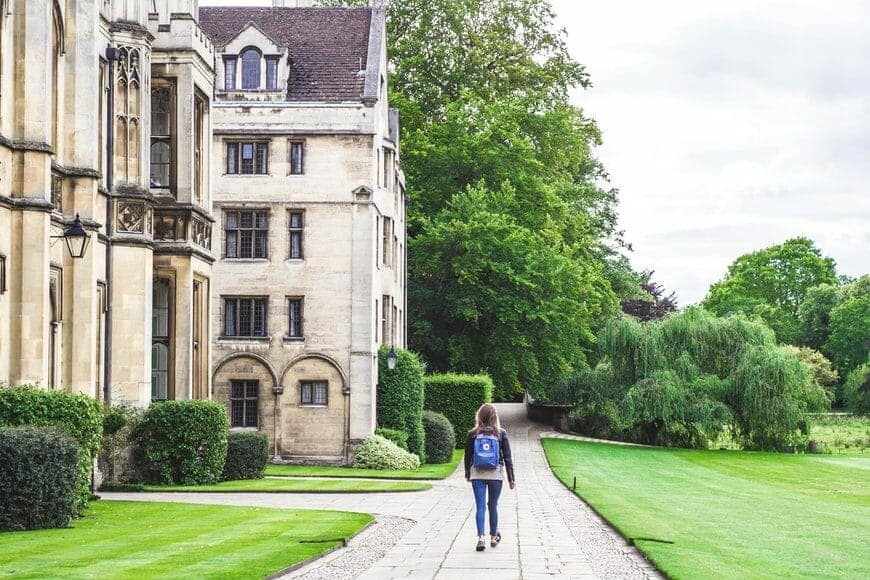│By Torsti Grönberg, Gale Ambassador at the University of Helsinki│
On August 30, 2021, the United States Armed Forces completed their withdrawal from Afghanistan. History rarely repeats, but it does rhyme. The fall of Kabul to the Taliban and the following airlift of allied personnel out of the city reminded me keenly of the Fall of Saigon, now called Ho Chi Minh City, to the North Vietnamese on May 30, 1975. The parallels between the ends of these armed conflicts seem endless and the images of desperate Afghans crowding the Kabul airport bring with them a sense of déjà vu. In this blog post I will showcase the usefulness of Gale’s US Declassified Documents Online archive and examine the trail of breadcrumbs left by declassified US documents dated shortly before the Fall of Saigon, during the Vietnam War. What was the US government focusing on? Who was President Gerald Ford writing to? What kinds of reports and memos were landing on Secretary of State Henry Kissinger’s desk?










